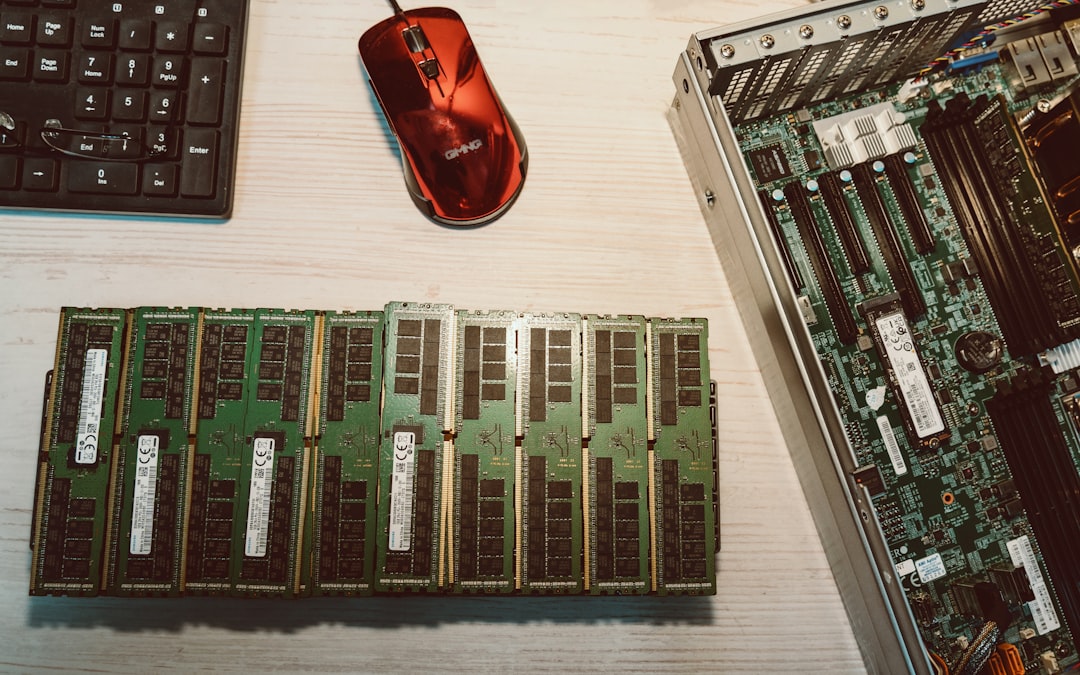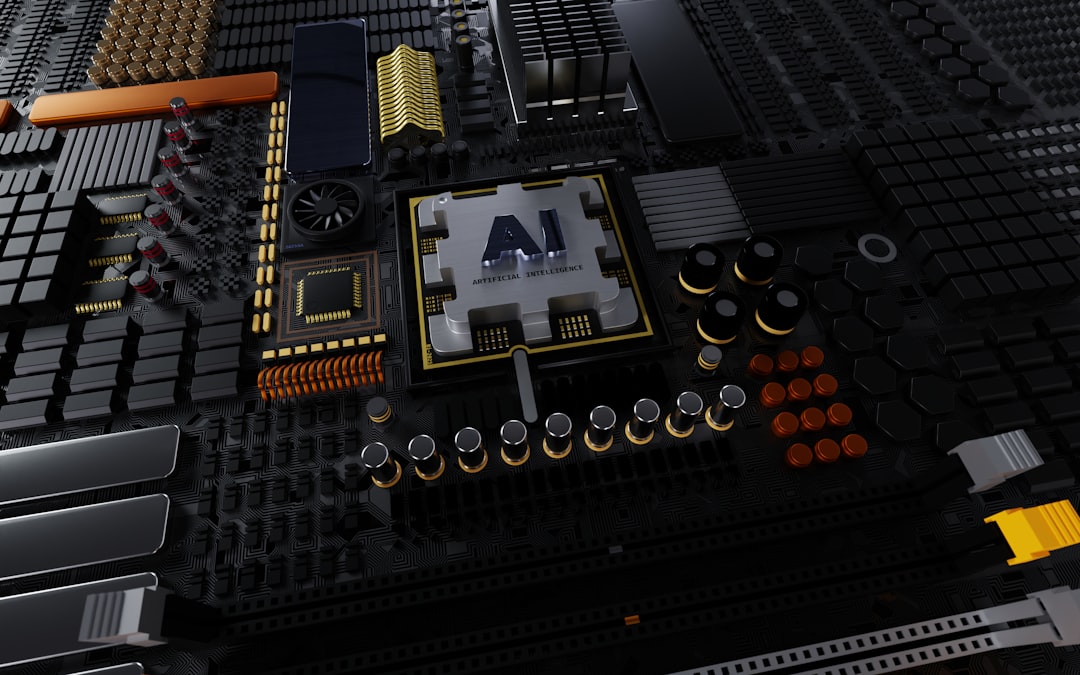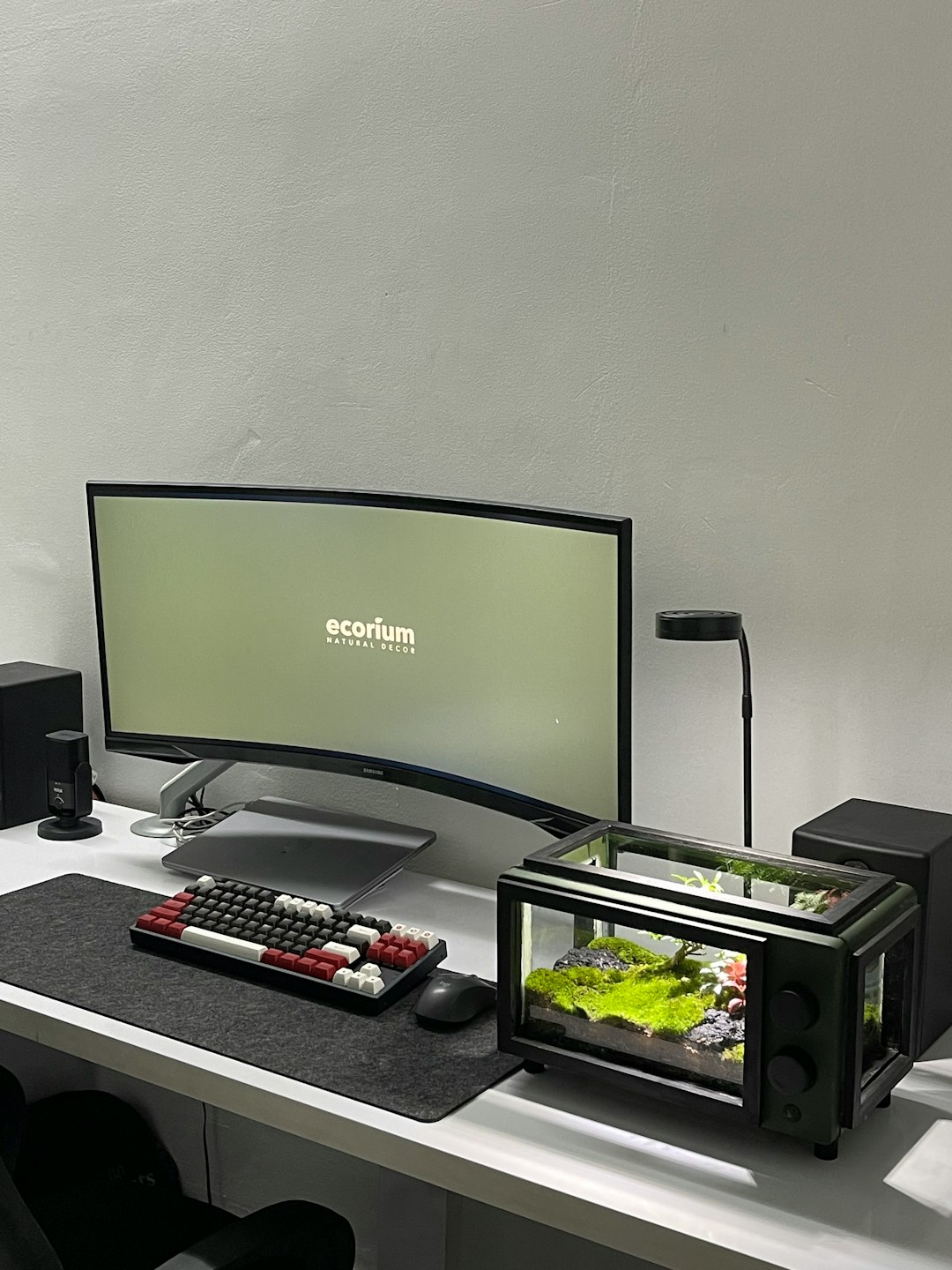
Choosing the right motherboard for your AMD Ryzen processor can be a daunting task, especially with the arrival of the new AM5 platform. If you’re putting together a high-performance system and need support for PCIe X1 devices—like sound cards, capture cards, or additional USB ports—finding a motherboard that meets your needs becomes even more important. This comprehensive guide will help you navigate the world of AM5 motherboards with PCIe X1 slots to ensure you make the right choice.
Why PCIe X1 Still Matters
Even in a world where PCIe Gen 5.0 and high-bandwidth GPUs dominate headlines, the humble PCIe X1 slot remains relevant. These smaller slots are perfect for niche expansion cards that offer specialized functionality:
- Capture cards for streamers and content creators
- Sound cards for audiophiles who demand high-fidelity audio
- Network interface cards (NICs) to provide extra Ethernet ports or Wi-Fi 6E connectivity
- USB/FireWire expansion cards
Having at least one or two PCIe X1 slots gives your build flexibility and room to grow—which is especially useful for professionals and enthusiasts.
What is the AM5 Platform?
AM5 is AMD’s latest CPU socket that supports Ryzen 7000 series processors and beyond. It brings with it several next-gen features, including DDR5 RAM support and PCIe 5.0 connectivity. With future-proofing in mind, AM5 motherboards also tend to be rich in I/O options and better power delivery.
However, not all AM5 motherboards are created equal. Some skimp on PCIe X1 slots in favor of more PCIe X16 or M.2 slots. If you’re concerned about having adequate PCIe X1 lanes, you’ll need to pick your board carefully.
Top AM5 Motherboards with PCIe X1 Slots
After researching the market and analyzing key features, here are some highly recommended AM5 motherboards that include PCIe X1 slots:
1. ASUS ROG Strix B650E-F Gaming WiFi
- One PCIe X1 slot, ideal for expansion cards
- PCIe 5.0 support for GPUs
- Wi-Fi 6E and 2.5Gb Ethernet
- DDR5 RAM compatibility
This motherboard offers a balance between performance and feature set, making it ideal for gamers and hobbyists.
2. MSI MAG B650 Tomahawk WiFi
- Multi-GPU support with PCIe X16 and X1 slots
- Robust VRM design for stable power delivery
- Excellent BIOS interface
- Affordable pricing
MSI’s Tomahawk series consistently delivers, with this model offering strong PCIe X1 support alongside other premium features.
3. ASRock X670E Steel Legend
- Two PCIe X1 slots for extra expansion
- PCIe 5.0 x16 slot and M.2 storage support
- Well-designed heatsinks for cooling
- RGB headers and strong build quality
This is a great option for creators and professionals who need multiple cards for audio, video, or networking.

Things to Watch Out For
Before buying your AM5 motherboard, consider the following factors to ensure smooth compatibility:
- Number and Placement of PCIe X1 Slots: Check for physical space and whether adding a GPU or another expansion card will block access to the X1 slot.
- Expansion Bandwidth: Some X1 slots may share bandwidth with M.2 interfaces or SATA connections, potentially reducing performance.
- Cooling and Power: Boards with better VRM cooling and stable power delivery are a must for running Ryzen 7000 CPUs effectively.
Future-Proofing Your Build
AM5 is designed to support future Ryzen releases, meaning your motherboard could remain viable for years. When selecting a board, opting for those with PCIe 5.0 and DDR5 support ensures long-term relevance.
If you anticipate adding more accessories or niche hardware over time, having multiple PCIe X1 slots means you won’t need a new motherboard just to accommodate a new capture card or audio interface.

Conclusion: The Smart Buy for DIY Builders
While flashy GPUs and processors often steal the spotlight, the motherboard quietly plays one of the most critical roles in your system’s functionality and upgradeability. A good AM5 motherboard with PCIe X1 slots provides the perfect mix of modern features and expandability without compromising performance.
Whether you’re a gamer, content creator, or tech enthusiast building a future-ready PC, making an informed choice on your motherboard can save you headaches down the road. Look for models that balance form, function, and flexibility—because your system deserves the best foundation.






